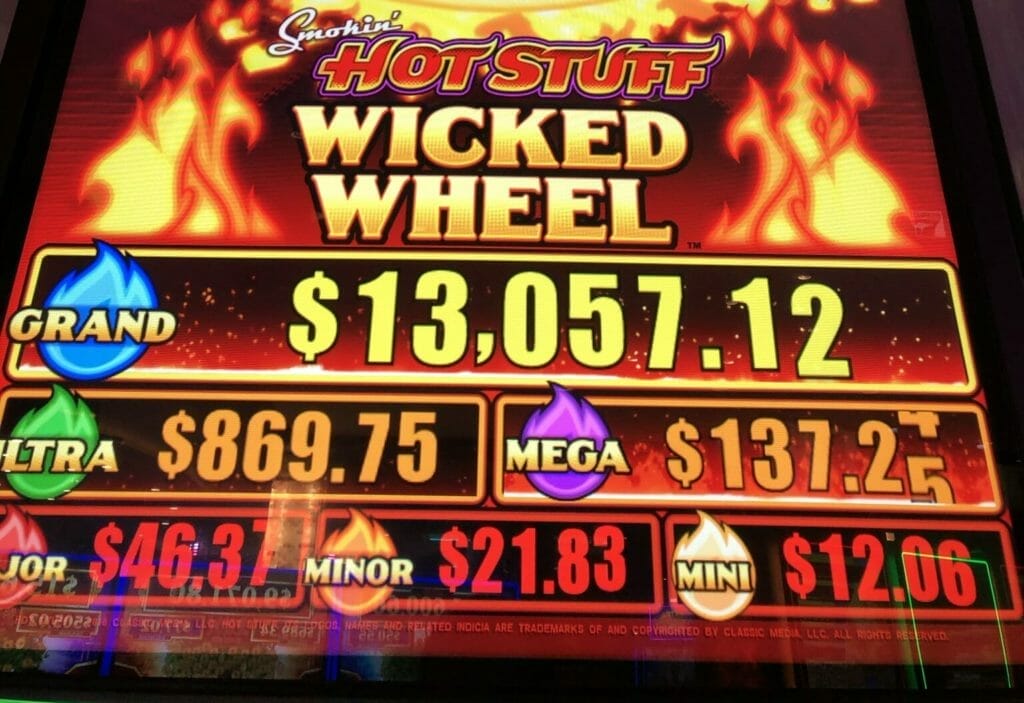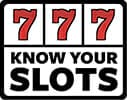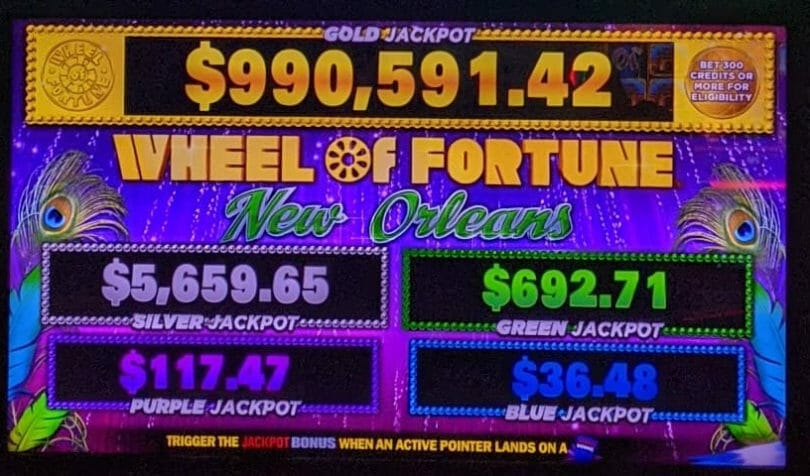In one of the slot forums I frequent, this progressives question was posted by someone curious:
Do you guys think they are set to go off at certain dollar amounts no matter what denomination or amount you’re betting?
Progressives are always one of those things players are curious about. So how about it: Do they go off at set dollar amounts?
STATUS: Must Hit Bys have a stopping point. A small number have caps, but don’t guarantee when they’ll go off. But most will keep growing until such time as they are awarded and pay out.
This one has a mixed outcome because not all progressives are made equal.
Let’s start with the obvious one: Must Hit By Progressives are designed to be awarded at a certain point. They have a publicly advertised top end and when it reaches the point it’s set to award, whatever number that is, it pays out. So in that sense, that one certainly has a range it will pay all the time, and some number it will pay in a given cycle.
There’s another class of progressives, such as the Major on Lightning Link, that have an upper end for an individual award, but there’s no guarantee when it will award. In the background the next Major that will appear after the current one is won is still accruing, so in that sense it’s still growing, but the range that prize can pay is in a set one.
But most are the classic casino progressives, and barring the odd one with a cap set by the casino or game designer, like discussed above, they will keep growing until such time that it’s won.
In any game the designers design the various odds of certain things happening, such as a progressive win, but since every spin is independent of the last, there are scenarios where a progressive win can go a really long time.

Some games will show you when a progressive is beyond the average win number. In the graphic above, you can see glowing bubbles behind the Grand and Mega jackpots; this is a sign they’ve built above the average. But there’s nothing that obligates them to win, as these are not Must Hit By progressives. As such, they can just keep growing until they’re finally won.

In this way, there can be excitement when progressives built to certain points, as the win will be outsized from the average. I encountered this 7 Quick Hit progressive at one of my home casinos relatively recently. On a $1.50 max bet like this classic 5-reel mechanical Quick Hit game, that progressive starts at $150, and rarely gets anywhere close to this high.
Although it doesn’t mean the progressive is any more likely to hit on a given spin, the prize is much larger than normal, and I’ve hit enough 7 Quick Hit wins in my day to give it a decent go. (I didn’t win it, but if I did it would’ve been quite good for the game.)
More common examples I’ve seen are $40 or $50 Minis on games like Dancing Drums, where they start at $10. The game pays them out with some regularity as a rule, but combine a banked set of machines with a little drought and they can get there. Of course then you can win them back to back (with the next one being back down to earth around that $10 mark).
So no, progressives as a general rule don’t have to hit at a certain number. The math inside the game aims to have it pay with some level of frequency, and then variance can lead to some unexpectedly exciting progressives when they don’t get hit for awhile.






Some of the must hit by progressives, from what I have read/watched (american casino guide), determine the winning amount/spin immediately after a jackpot is won. For example, the next jackpot will hit at X spin or X amount. It is still essentially random, just the randomness of it is determined before it is won. I think this is to help ensure that jackpots aren’t always won at the higher end amounts.
We all know a jackpot is unlikely on any given spin under normal circumstances. Determining a random jackpot spin/amount in advanced instead of random per play increases the “spread” of jackpot hits from the starting value to the max. Otherwise, naturally, most jackpots would hit at or near the max and there would probably be constant fights (literally) over machines that are getting close.